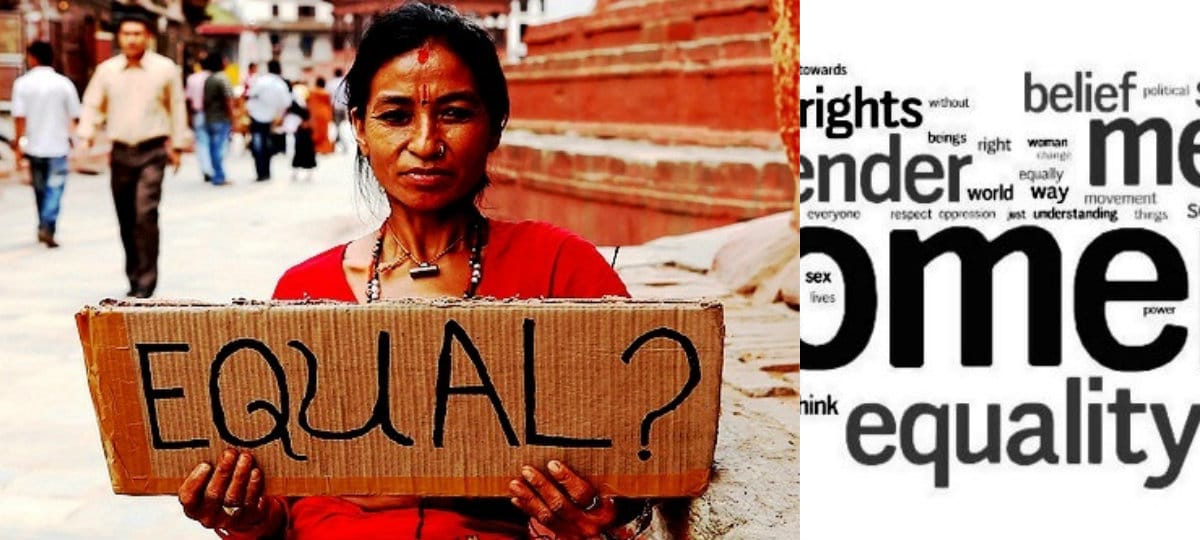Humility, that is, the ability to be rooted in spite of success, is becoming a rarity these days. How often does it happen that you come across someone who has achieved something wonderful but is not boastful about it?
Let me give you an example here. A is achieving new heights in her career every day and whenever someone congratulates her, she starts talking about all the other things she is doing and is not getting much recognition for. B on the other hand is experiencing similar success in her career. She talks about it too but only when prompted and prefers using two magical words when people congratulate her on her success. Now I don’t have to tell you what these two words are!
Who would you like to hang out with more? Probably B I gather. Why is it that a few people are genuinely humble while some others feel life is all about displaying their achievements? There could be many reasons. Social media can be blamed partly – after all life on social media is all about the number of likes, and thus we will boast about any minor achievement in a megalomaniac way, just to get noticed. The kind of company that people keep could be another reason; if all my friends are boasting I will do so as well. For instance, very often we see parents talking about their kids’ achievements as if there was a competition to be won about whose kid is the smart-“est”.
Humility is not a trait that we are born with. It needs to be shaped. Its value needs to be taught and modeled. How many times have you as parents bragged about their achievements, while they are around? A few times? Maybe you didn’t realize the repercussions of comparing your child’s achievements with another while your child is present. This extremely common behavior by parents has a host of negative effects on the child – in this article, let’s just consider how this behavior affects your child’s ability to be humble.
Like a lot of other things, children develop humility and understand the importance of the same by learning from observation. So just like we watch our language in front of kids we also need to watch the content of our speech. And most importantly, we need to be humble ourselves. Some simple techniques to develop humility (and you can share these with your kids too) could be:
– Accept that you are doing things for yourself; in other words your achievements are yours. Take pride in them but do not boast about them. Refraining from boasting will not lessen your achievements in any way.
– Not being the best doesn’t reduce the importance of your work; being the best is not everything after all.
– Remember: Just because others are successful, doesn’t mean you are not.
The absence of humility mostly comes from a sense of insecurity that if you are not loud about what you know and can do, others will ignore you. I am not saying that you should not share your knowledge or revel in the recognition that comes your way. But when you are not humble and you are always displaying your or your kin’s achievements, you come across as needy.
So learn to be humble and see how miraculously you climb more ladders of success.
Photo by Ketut Subiyanto from Pexels


























